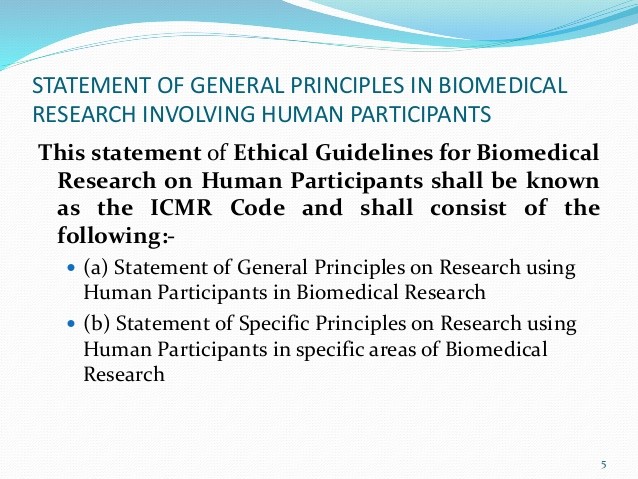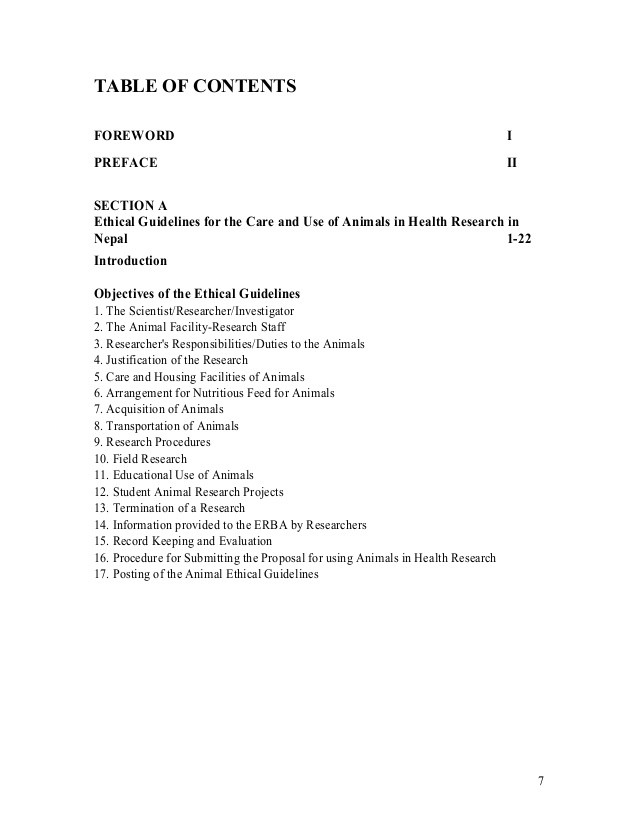Ethical Guidelines for Brokers
Post on: 3 Апрель, 2015 No Comment

It is no surprise that the investment industry is plagued with awkward and seemingly unsolvable conflicts of interest. But what brings in the most money for the broker is not always what is best for investors or what they really want. The temptation is to sell risky products because they are more lucrative than the low-risk alternatives. Everybody has to make a living, brokers and investment advisors included, and everyone knows that; however, deliberate attempts to confuse or miss-sell in any way are not only unethical, they may come back to trouble the broker in the form of soured relationships or even claims for damages. There are evident things a broker should avoid: lying, misrepresenting and hard-sell tactics; however, some unethical behavior is more subtle, but no more acceptable. All entail some combination of poor or inadequate communication, a tendency to mislead investors or simply not bothering to do a good job. Much has to do with taking advantage of the informational asymmetry between buyer and seller.
Things to watch out for as an investor, First, the half-truth, one of the most sinister temptations of bad brokering is to mix truth with untruth. Second, Insufficient explanation, some brokers simply do not take the trouble to explain things, and they prefer clients not to know too much. Third, Discreet silence, It can be very tempting for a broker selling a structured fund, for example, to praise the built-in protection and guaranteed returns that it offers. But if this comes at the price of all the dividends, the investor really must be told this. The Last is Brokers that do not offer alternatives, from both an ethical and legal standpoint; inexperienced clients in particular are not equipped to make meaningful decisions unless they are aware of other options. Even if the offer is in fact suitable, investors should be given a choice or alternatives. At minimum, the broker should point out to the client that this is merely a suggested option.

We now look to some simple suggestion that brokers should live buy and conduct their business activities. 1. When in Doubt, explain It Out, if it even occurs to you that an investor may need or want to know something, tell them. 2. Never succumb to the urge to keep quiet, even when you know this may cost you the deal. 3. Do unto others; Put yourself in the position of the investor. If you would prefer not to be handled in a certain way, dont do it to someone else. 4. Above all, avoid self-deception. Avoid One-Size-Fits-All Approaches; everyone has different needs, preferences and circumstances. 5. Ask the Client -Dont Expect Them to Ask You! A client wont ask for clarification if he or she doesnt realize its needed in the first place. Make absolutely sure that the client knows what he or she is getting. 6. Be Specific About the State of the Market, You should discuss the market with your client in general and with respect to the specific asset classes. This does not mean attempting to time the market, but the investor ought to know whether the market has been booming for years and is regarded as possibly overpriced, or whether the converse prevails. 7. Be Open about Monitoring and Control, A client should know how often you will monitor the investments and what this really means. If all you plan to do is take a look at the asset allocation once a year, that may be OK, but the client needs to know that he or she cannot expect more from you. 8. Show the Client Visually How Things Work, The classic multi-color pie chart with asset class combinations for high, low and medium risk is a great way to demonstrate the very essence of the investment process. 9. Explain Brochures, Simply handing your client a pamphlet is not enough. There is a good chance they will not be understood and they may not even get read. Go through the main points with clients, so you can be sure they really understand the main elements of the investment and what the text means.
Investment ethics are essentially about two interrelated things: giving the client good advice, and then making sure he or she understands it. It is necessary to be completely open about what you and/or the providers of the assets can and cannot do. Equally vital is ensuring that the client is able to see the advice and products in context and that context extends to the markets in question and to the other potential investments that are available.














